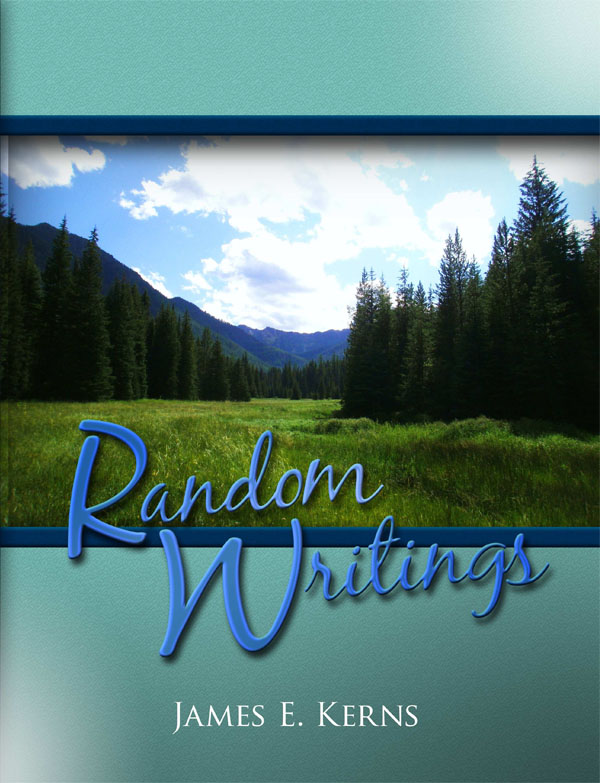Handel and Messiah
Traveling home today from Bremerton, I was surrounded by ultimates. I had the company and companionship of the ultimate mortal—my wife. I was eating the ultimate candy—peanut M & Ms. I was listening to the ultimate music—Handel’s Messiah, sung by the Mormon Tabernacle Choir, the ultimate choir.
Margie asked the question, “How many people in Handel’s day got to hear Messiah? The answer, of course, would be “very few.” With no recording devices, and few capable choirs, Messiah would have only been performed in population centers—English population centers.
George Frideric Handel was a German who spent all but the first 27 years of his life in London. He was born in 1685, and died at the age of 74. He conducted a performance of Messiah a few days before his death. He was blind, and had consequently given up composing eight years before. Having composed Messiah, and having conducted its performance multiple times, Handel would have needed no musical scores to enable him to stand before an orchestra and choir and lead them. The feat is more remarkable because he would have had to conduct multiple practices as well as the actual performance.
Handel wrote Messiah in 24 days. That’s an astounding feat considering that Messiah consists of 32 separate pieces. Messiah is best known for the Hallelujah Chorus during which performance the king of England was reputedly so awed that he stood up out of reverence and respect. To this day it is tradition that audiences stand during the Hallelujah Chorus.
Listening to the entire Messiah, I wonder how the king was able to choose which song to stand to. Each is an inspired masterpiece. The king’s choosing to stand at that moment would have been a natural reaction to a build-up of emotions brought about by all the preceding pieces.
Messiah was first performed in 1742 in Dublin, Ireland. Proceeds from the performance were to go to three charities, one of which was for prisoners’ debt relief. From the proceeds received for this purpose, 142 prisoners were released from debtors’ prison.
Messiah is heavenly music inspired by heavenly agents. Handel, I feel, was a chosen vessel who prepared himself; and when the time was right, was assisted to bring this work forth.
What He didn’t know, but what I feel, is that he was writing those pieces to be performed by the Mormon Tabernacle Choir. The Mormon Tabernacle Choir, of course, didn’t exist in 1741 when Messiah was written; but that ultimate of musical oratorios was written for performance by the ultimate choir.
All 32 numbers are sublime. Few people heard Messiah in its first 200 years of existence. Everyone has heard it now. We have the privilege of being able to listen to it over and over again. It is musical scripture. It gets better every time you hear it. New insights, and new inspirations, are received each time you listen to it.
Messiah deals with prophecies of Christ’s coming, His birth, life, death, and resurrection. The lyrics are verses taken straight out of the Bible. Handel was able to hear those verses when he read them, and to write them down as complicated solos and choruses complete with orchestral accompaniment. He captured the mood of each verse, and illustrated its meaning through music. Notice how the various voices and parts scatter and go every which way during the singing of “All we like sheep have gone astray.” Notice the light and airy voices that introduce “His yoke is easy and His burden is light.”
Handel didn’t know that he was writing for the Mormon Tabernacle Choir. Isaiah didn’t know that he was writing verses for Handel to put to music. The whole thing was a collaborative effort. Isaiah, the other writers of scripture, Handel, and the choir were all helped and guided by heaven, I’m sure.
